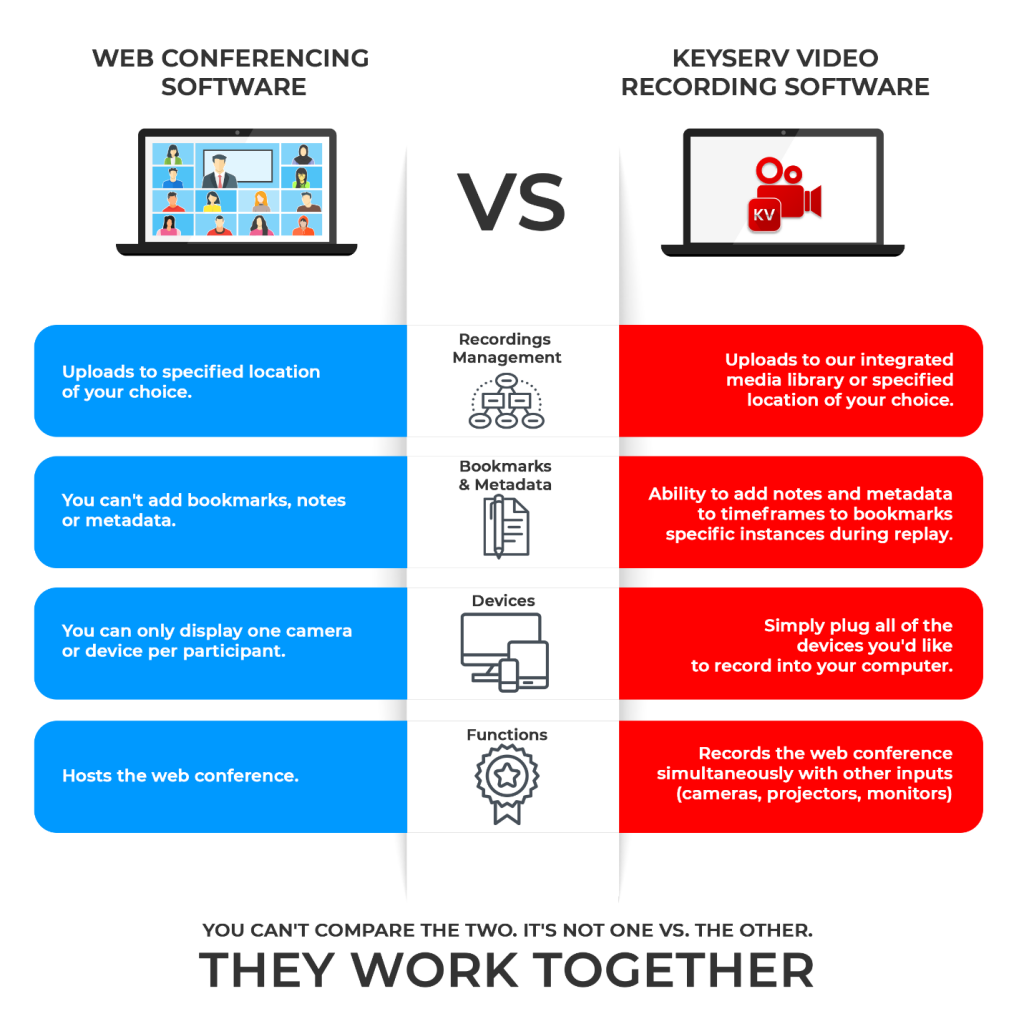A content management system, also known as a CMS, is a software that allows users to manage and organize content on a website without needing expertise in website coding or design. CMS platforms provide an interface for non-technical users to easily update website content, manage files, and control who can access and edit the content. Let’s look deeper at what CMS platforms can do and some popular options available.

Content
Managing Website Content
One of the primary purposes of a CMS is to simplify the process of adding, editing, and removing content on a website. With a CMS, content can be created and organized intuitively without requiring knowledge of HTML, CSS, or other coding languages. Text, images, videos, and other media types can all be uploaded and arranged on pages through a user-friendly dashboard. Permissions can be set to control which users can edit specific content areas. This makes it easy for multiple people to collaborate on maintaining a website.
WordPress Alternatives
WordPress is the most popular open-source CMS, powering over 43.3% of websites globally. However, it’s not the only option. Some other WordPress alternatives to consider include Ghost, Drupal, and Joomla. Each has their strengths that may be a better fit depending on needs and preferences. For example, Ghost has a simpler, more blog-focused interface that some find easier to use than WordPress. Drupal is very flexible and customizable but has a steeper learning curve.
Extending Functionality with Plugins
Most CMS platforms allow you to expand functionality through the use of plugins and extensions. For WordPress, over 55,000 free and premium plugins can add features like ecommerce, contact forms, user profiles, analytics, and much more. Plugin marketplaces also exist for other systems like Drupal and Joomla. This makes it possible to customize a CMS to meet very specific business or project requirements.
Depending on needs, something like Hyvor may provide more advanced customization capabilities. A flat file CMS like Hugo could be a lighter alternative for simpler blogs or sites. Self-hosted and headless CMS like Strapi are also rising in popularity for their flexibility. It’s worth evaluating requirements closely to determine the best fit.
In summary, content management systems effectively allow organizations of all sizes to manage website content without advanced technical skills. Popular open-source platforms like WordPress, Ghost, Drupal and Joomla offer robust features and extensibility through plugins. Evaluating needs around content types, customization depth, and community support can help identify the right CMS solution.

I’m Kelly Hood! I blog about tech, how to use it, and what you should know. I love spending time with my family and sharing stories of the day with them.












